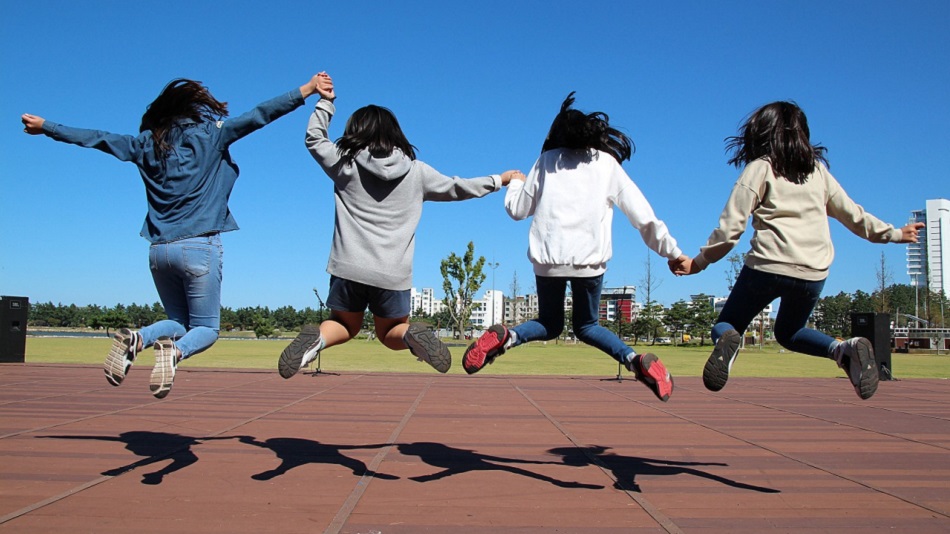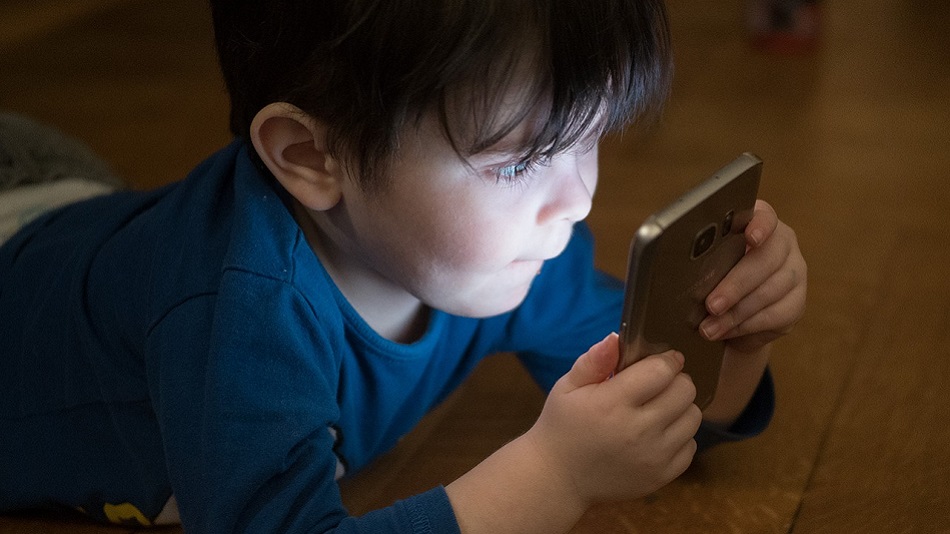Health is wealth, a saying which dates back to quite a long time. This evergreen advice holds true till today. We know that the economy out there is highly competitive and this competition will be getting more and more intense in the times to come. Hence it is pretty evident that if we do not stay fit, we will lose the competition, thereby health education is one of the most important factors to be considered in today’s timeline. Health education includes physical health, social health, emotional health, intellectual health and spiritual health.
The World Health Organization defines Health Education as comprising consciously constructed opportunities for learning and involving some form of communication designed to improve health literacy, including improving knowledge, and developing life skills, which are conducive to individual and community health.
Health Education leads to better jobs and higher earnings. If people become conscious about their health, they can avoid unnecessary expenditures and thus utilize the money for other better purposes. Their fitness will help them to be more energetic and enthusiastic in their work and will thereby increase their productivity.
Due to increased pressure and competition, life would be under constant stress. A proper health regime would help us combat the stress and will help to lead a healthy life. Due to life changes, traumas, chronic anxiety can lead to increase of psychological load and may result in development of various diseases like asthma, cardiovascular disease, gastrointestinal disease and other infections. Hence having health education from a very basic level will help them to understand the rationale as to why health is so important in today’s world.
As the education landscape is also changing so are the new courses which are being incorporated into the syllabus and they are all being tailored by job driven market forces. Hence the education has also become more of a challenging environment, where every time there are various factors that build up stress and anxiety, therefore it is essential to have a proper health education in place to counter this stress and anxiety.
Health itself would evolve as an independent domain in the coming years. Research has suggested that in the coming years many corporates and individuals would be hiring health professionals to keep themselves fit and also to increase their work productivity. Health would be the single large factor based on which the whole of the economy would be moving.
Health education can only be successful if it is implemented properly by students. As with every course they require a practical approach where that is for natural science, social science or any other domain. Health Education can only be successful if it is properly implemented in educational institutes. A successful implementation can only be possible if there is student participation at all levels.

The educational institutes should focus on promoting health in the campus and should encourage an active participation of the students and faculty members. The staff and faculty members can be role models for the students and can groom them properly. Physical education must be an integral part of the academic curriculum. Students should be given a space for sports and other activities and their scores must be linked with their academic scorecard.
We must say that as the economy is getting completive the economy is also getting digital. With more and more Internet of Things (IoT) the cyber space is getting stronger. The social interaction which is a huge part of the relaxation process which increases mental health, is degrading day by day.
Despite the fact that the digital world has brought everyone very close, nothing seems far off in today’s world, and the world has become more like a global village, but at the same time it has created a divide in our social structure. It has divided us especially the Generation Y and Generation Z mentally. We will see that children mainly in cities seldom go to the playground or park. Most of the people are busy on social sites whether that is a dinner party or an informal meet. We have made ourselves so much connected virtually that we have started ignoring physical presence. The result as we all know will be devastating, hence health education is a very important aspect in that case. If students do not understand the difference between digital and social interaction, then it is high time we make them do so. This would be one of the vital purposes of health education.

Health Education as we all know has a huge number of benefits and the curriculum will have a positive reinforcement on the student’s health and will be an asset for their lifetime. However we need to understand that when we implement these factors we need to be participative and include the communities as well. The implementation will involve interaction with various communities which includes cultural and geographic communities as well. Hence health education needs to be participative in nature and at all levels of the community.
Health education is also improving day by day therefore it is very essential that with implementation, thrust should also be given on up-gradation of these programs. Tie ups at various levels can help in this regard. It can include various health centers and with reputed health professionals on the board. Foreign collaborations can do wonders in this regard but MoU’s and Joint Ventures at national and state level will also go a long way to make these programs successful.
The author is Vice Chancellor of Sister Nivedita University and has over 35 years of experience in the education sector and has been instrumental in strategic development of the education landscape. The author has served key positions across his career in various educational and research organizations. He has around 121 publications with 6 books and book chapters to his credit.